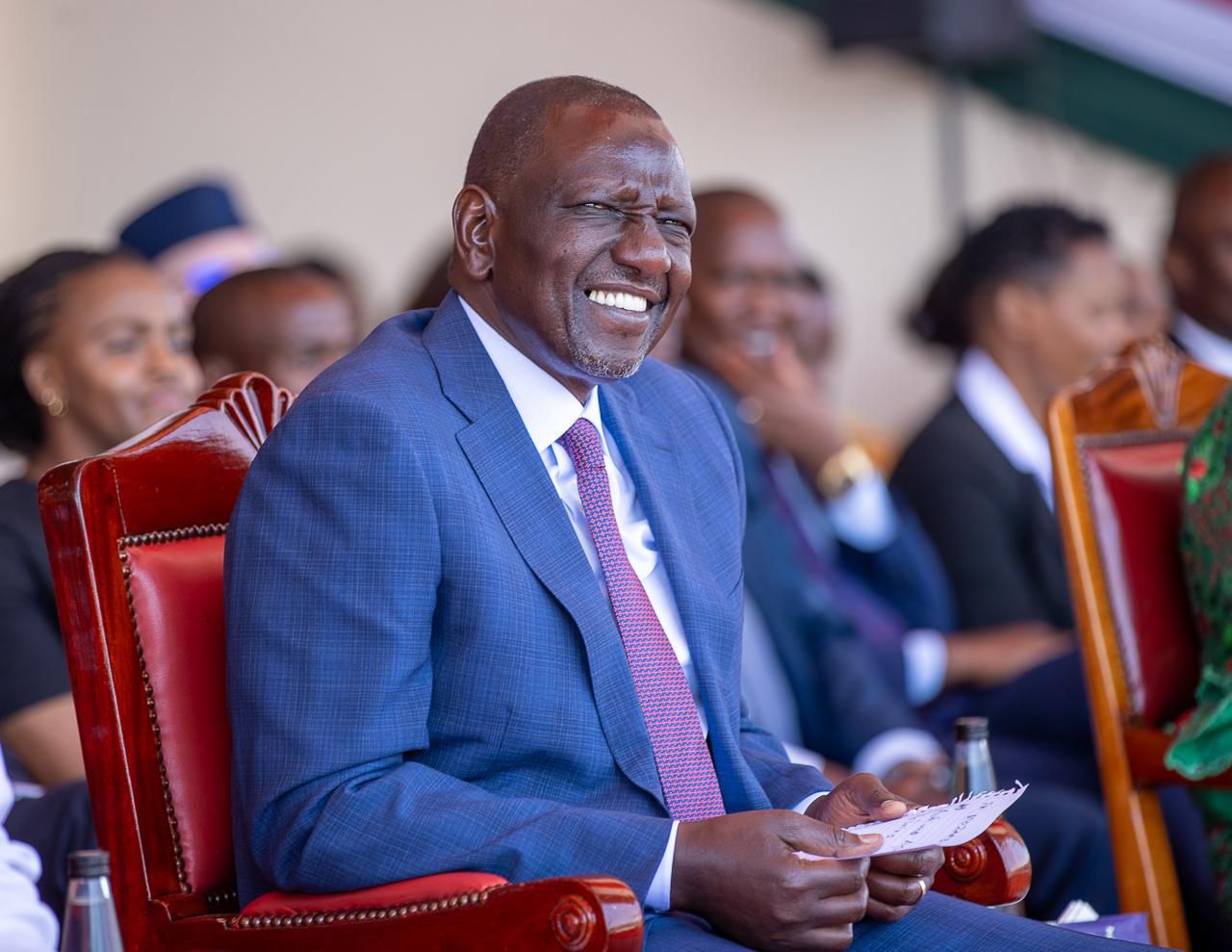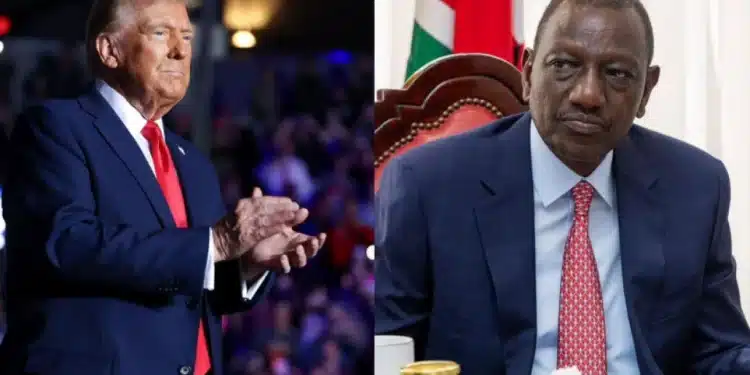The winds of authoritarianism are blowing stronger across East Africa and the silence from Washington is deafening. Once a robust champion of democratic governance, the United States has retreated from the frontline, leaving fragile democracies vulnerable to internal erosion and external manipulation. The vacuum created by this withdrawal is quickly being filled, but not by forces committed to freedom or justice. Across the region, we are witnessing a troubling pattern: opposition figures are being silenced, civil liberties suppressed, and institutions undermined.
In South Sudan, Riek Machar, once seen as a critical figure in power-sharing arrangements, has been increasingly sidelined by a regime that fears democratic competition more than war.
Uganda’s Kizza Besigye has endured decades of harassment, house arrests, and political exclusion, a testament to the lengths autocrats will go to keep challengers at bay.
On the other hand, Tanzania’s Tundu Lissu survived an assassination attempt only to be exiled for years. His crime? Daring to speak truth to power. Even his return home was met with surveillance and suspicion rather than reconciliation. He has been bundled in police custody and charged with treason. These are not isolated incidents; they are signals of a regional regression.
Kenya, long touted as an emerging democratic anchor in East Africa, is now displaying worrying signs of backsliding.
Former Deputy President William Ruto’s government has come under fire for perceived intolerance toward dissent.
Governors like George Natembeya of Trans Nzoia and Members of Parliament such as Peter Salasya of Mumias East have publicly decried harassment and political intimidation.
The criminal justice system is increasingly being weaponized to settle political scores. We’ve seen opposition rallies disrupted, civil society organizations muzzled, and a chilling effect on freedom of expression.
U.S is Silent
What has emboldened these regimes is not just internal impunity it is also external indifference.
Since the pivot to “America First,” U.S. foreign policy has increasingly shied away from confronting authoritarianism abroad.
Democracy, once central to U.S. engagement with Africa, is now mentioned more in rhetoric than in action.
Aid conditionalities, targeted sanctions, and diplomatic censure once tools of leverage are now inconsistently applied, if at all.
Meanwhile, global rivals like China and Russia are expanding their influence, not by demanding reforms, but by cutting deals.
Infrastructure projects and arms shipments come without lectures on governance. But these relationships are purely transactional and leave no room for accountability or reform. They reinforce elite power while doing nothing to improve the lot of ordinary citizens.
To make matters worse, U.S. domestic challenges especially the 2020 election disputes and the January 6 Capitol attack have eroded its moral authority.
Autocratic leaders in East Africa now point to America’s own democratic fragility to deflect criticism and justify repression.
The consequences of this disengagement are already visible. As democratic space narrows, the risk of instability rises.
When peaceful avenues for change are blocked, the likelihood of violent upheaval increases. In the Horn and Great Lakes regions, we’ve already seen this play out with armed conflict, contested elections, and fragile ceasefires.
If unaddressed, today’s political persecution could become tomorrow’s humanitarian crisis.
Way forward for East Africa
What East Africa needs now is not more silence, but a renewed commitment to democratic principles from within and without.
The United States and other democratic allies must reassert their values. This includes supporting civil society, protecting political pluralism, and holding leaders accountable when they deviate from constitutional norms.
It also means rebuilding trust in regional institutions like the African Union and East African Community, which have been largely ineffective in stemming democratic decline.
Above all, the West must put its own house in order. Only by restoring democratic credibility at home can it hope to influence reform abroad.
Otherwise, the narrative that democracy is a Western imposition rather than a universal right will continue to gain traction.
East Africa stands at a crossroads. One path leads to entrenchment of authoritarianism: the other, to democratic renewal.
Without external support and internal courage, the former may prevail. And as history has taught us from Somalia to Sudan unchecked repression is rarely sustainable.
Nature abhors a vacuum, and so does geopolitics. If democratic actors fail to act, others will on their own terms, and to the detriment of the region’s future.
This article was written by Dr Luchetu Likaka, a Political and Governance Expert.
Follow our WhatsApp Channel and X Account for real-time news updates.



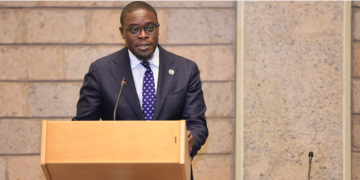
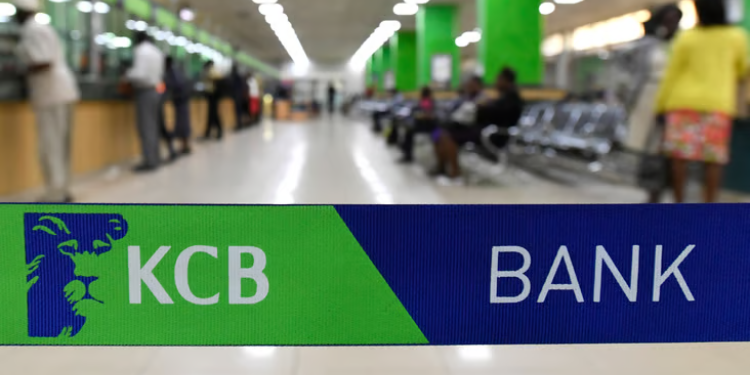
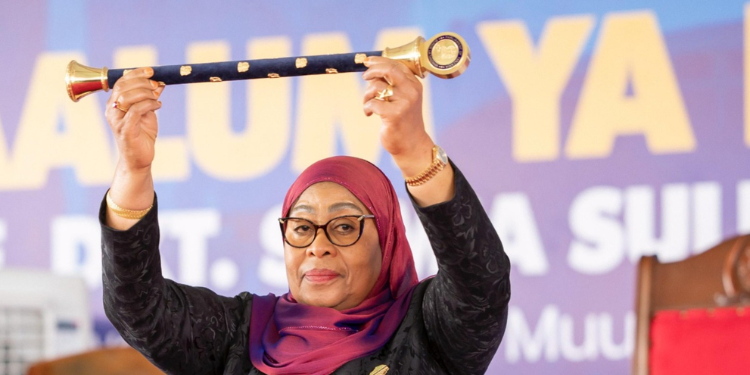
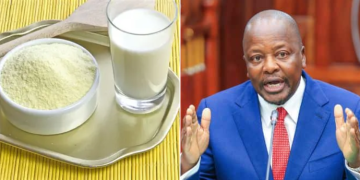
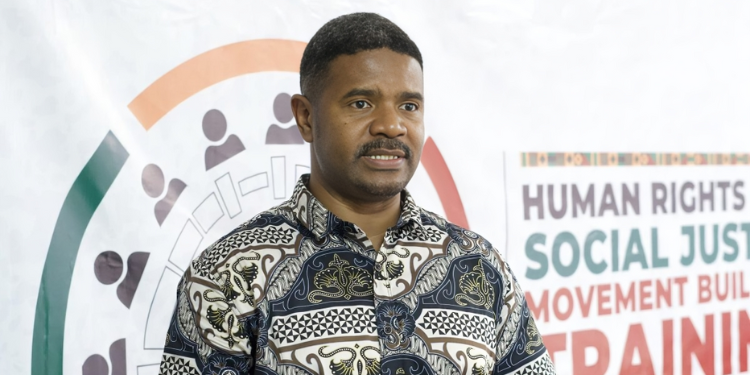
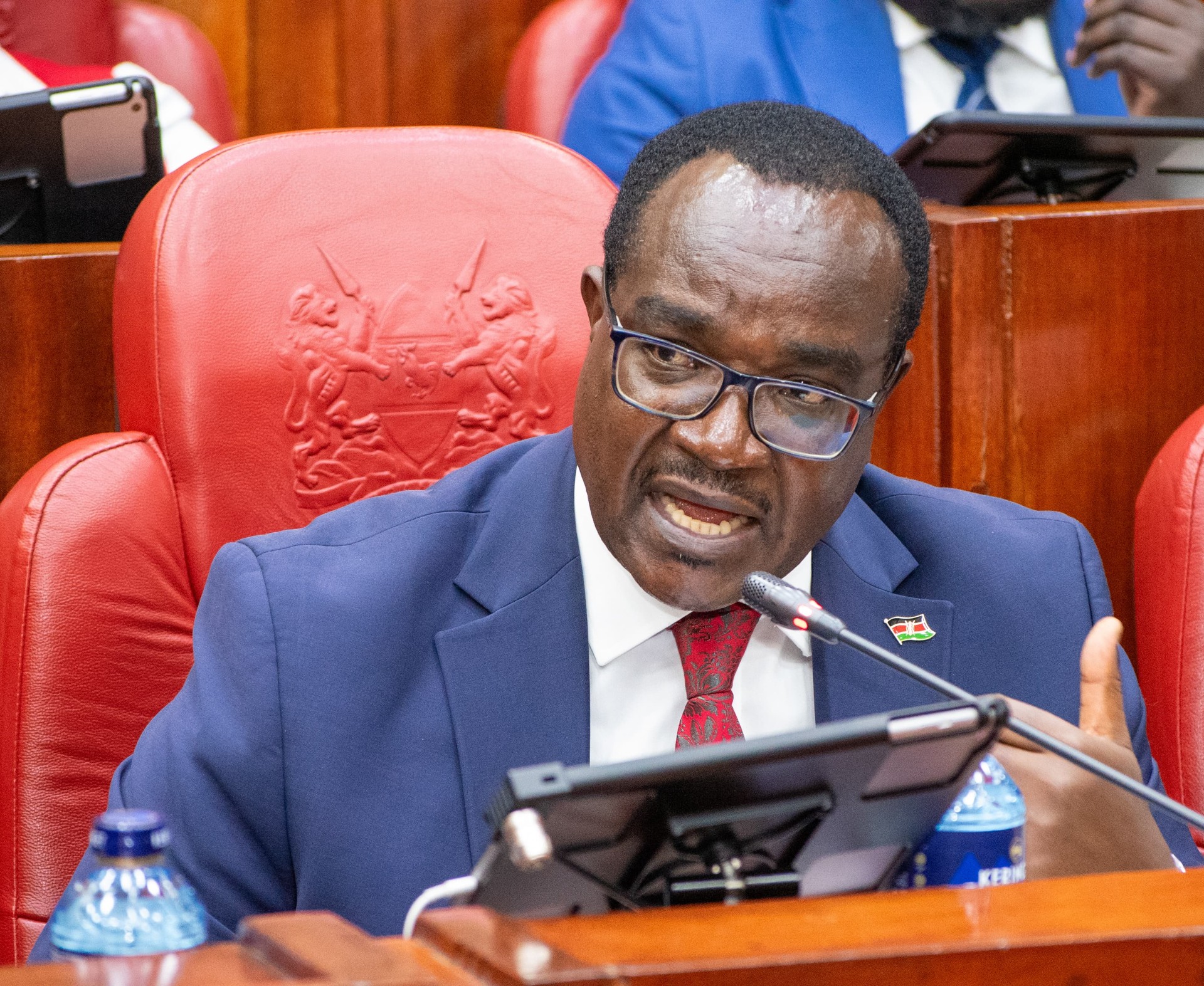

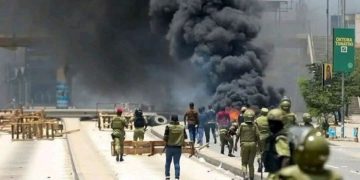







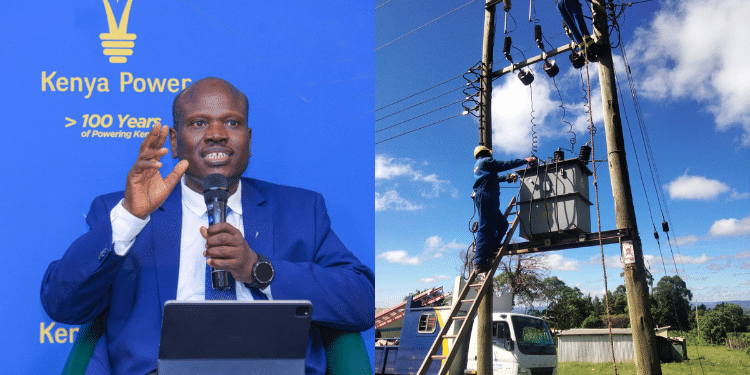
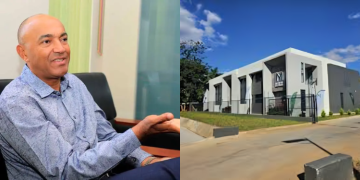



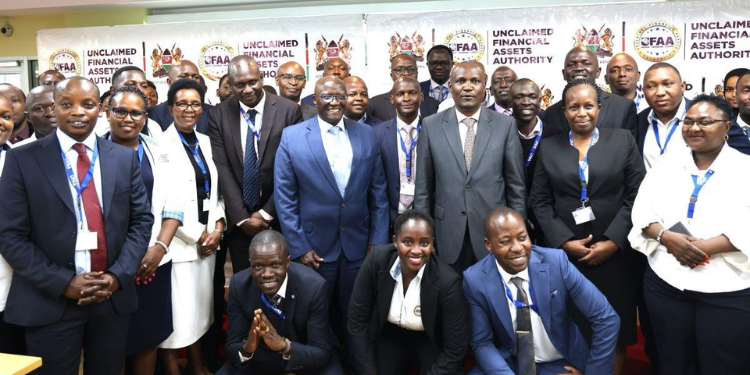
























![Senator Allan Chesang And Chanelle Kittony Wed In A Colourful Ceremony [Photos] Trans Nzoia Senator Allan Chesang With Channelle Kittony/Oscar Sudi]( https://thekenyatimescdn-ese7d3e7ghdnbfa9.z01.azurefd.net/prodimages/uploads/2025/11/Trans-Nzoia-Senator-Allan-Chesang-with-Channelle-KittonyOscar-Sudi-360x180.png)


















